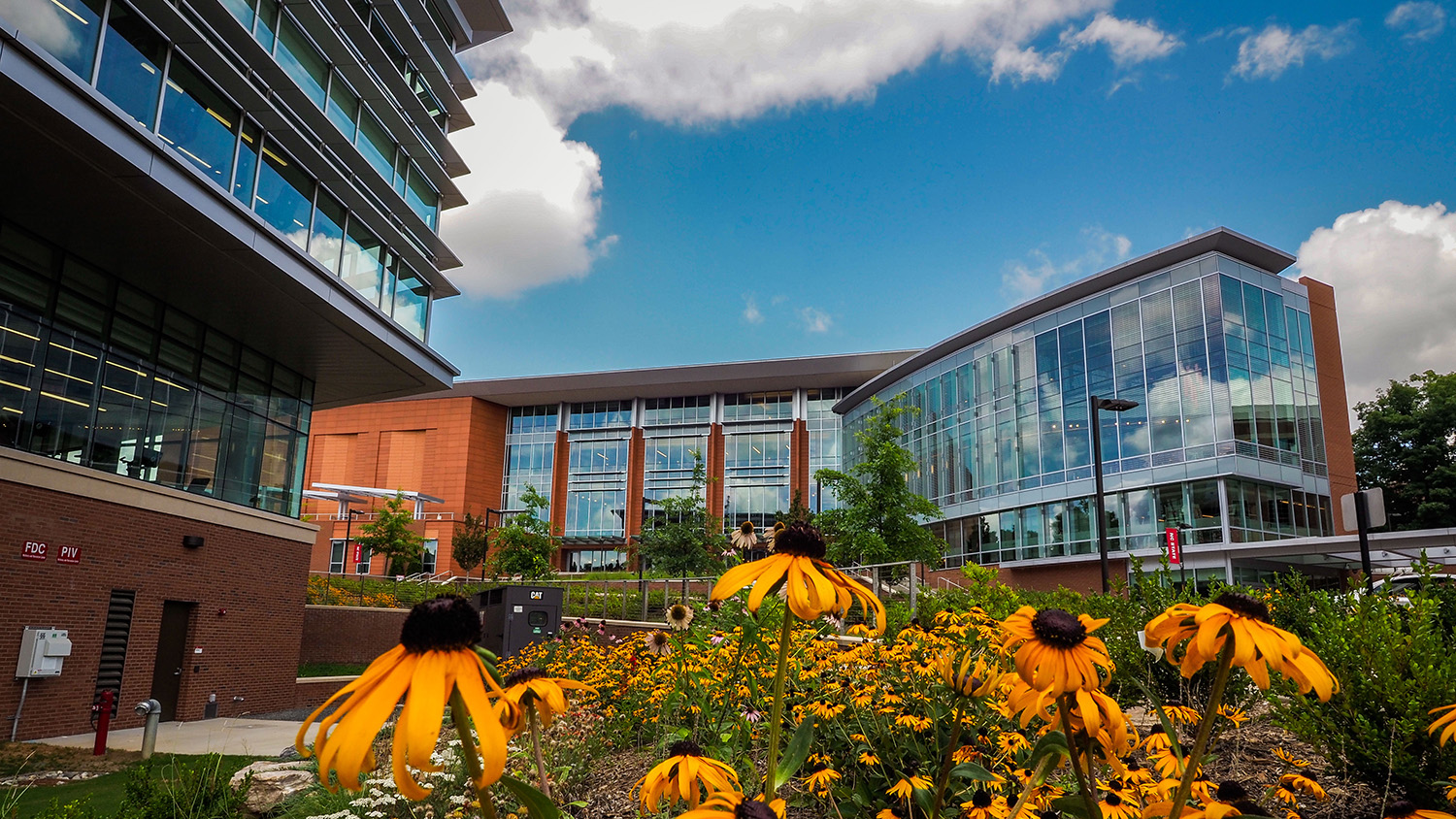Emergency Response Course Offers Aid
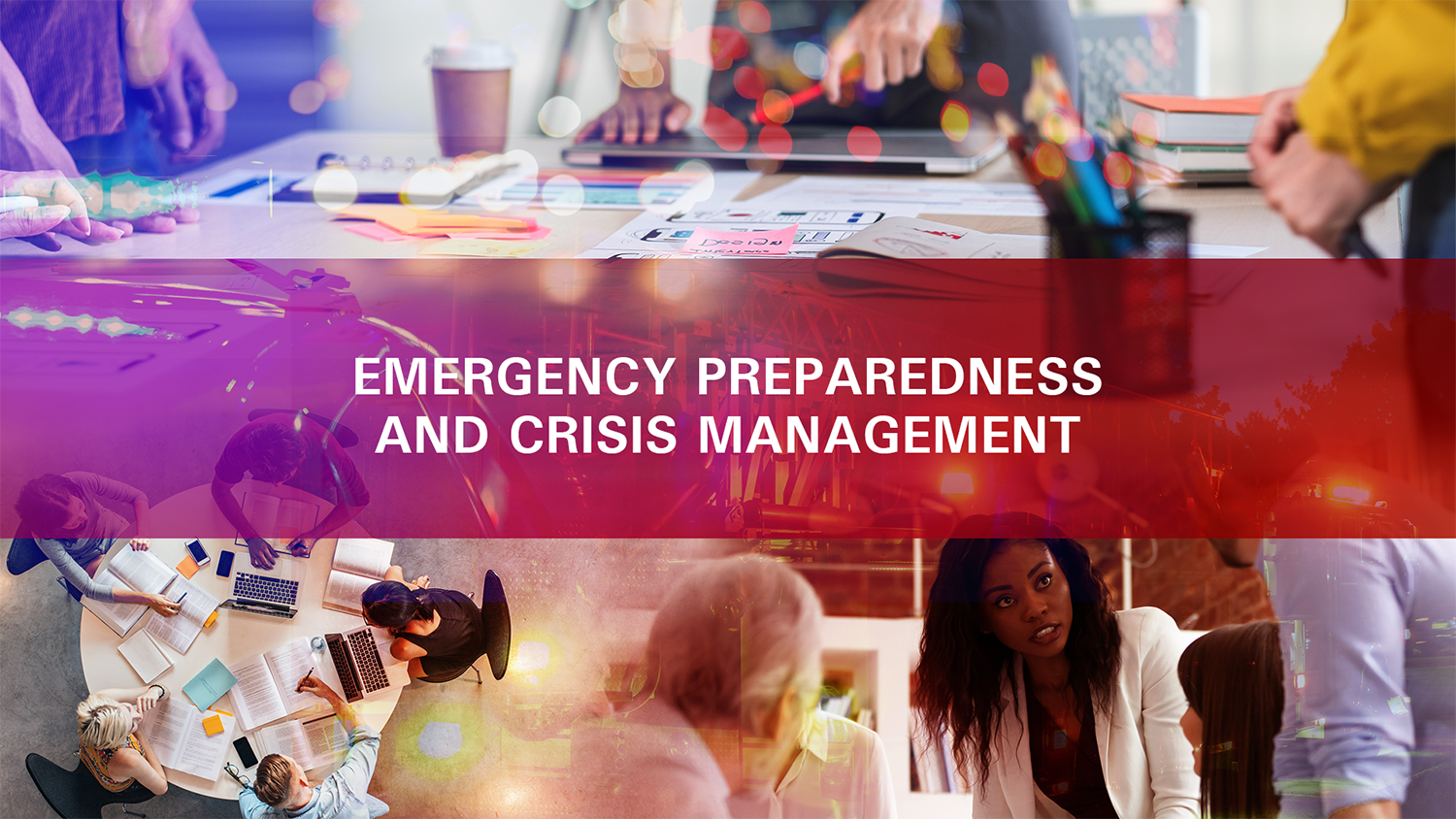
Feeling overwhelmed and a bit helpless due to the world events thrown at you over the past few years? Well, take some steps in the right direction by enrolling in the recently updated ED 590 – Special Problems in Teaching and Learning: Emergency Preparedness and Crisis Response course. Quite frankly, everyone can benefit from this course content containing relevant information about the world we live in today, including podcasts voiced by local emergency professionals.
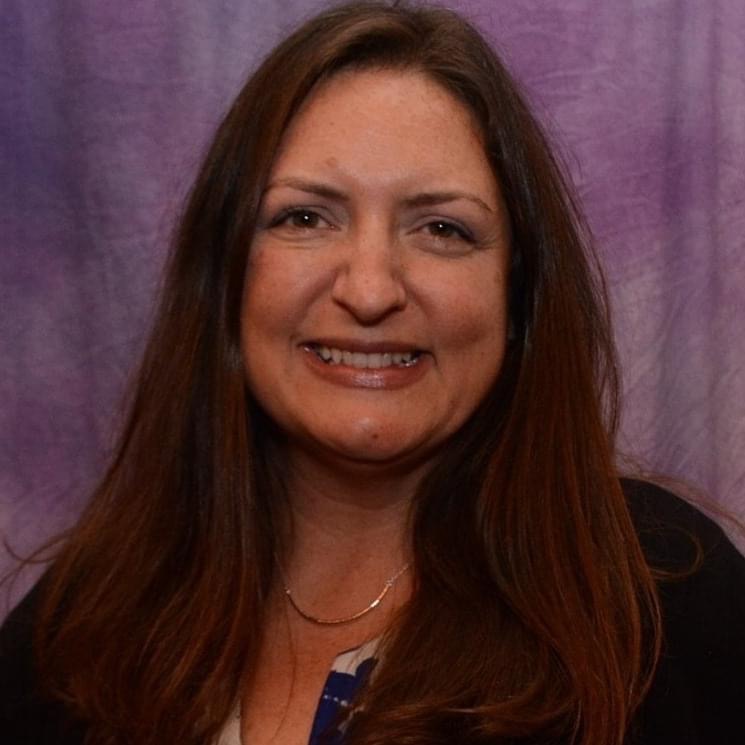
“College campuses, much like our country, face a wide range of threats and potential hazards. Post secondary institutions are not immune and higher education professionals are on the front lines. Oftentimes, preparedness is an afterthought for many people. Given the pandemic, civil unrest, active shooters, and the list goes on, emergency preparedness and crisis response need to become a honed skill set for practitioners in higher education. This class helps to provide awareness, education and experience,” explains Associate Teaching Professor Angela Smith, who worked with DELTA to upgrade and enhance this course through a DELTA Grant.
Along with Smith, Assistant Vice Chancellor of DASA Justine Hollingshead and former Associate Vice Chancellor of Academic Affairs Barry Olson worked diligently to reimagine the course content. Their goal was to create a hybrid class to address and support student learning regardless of the method of instruction in which each respective student chooses to attend.
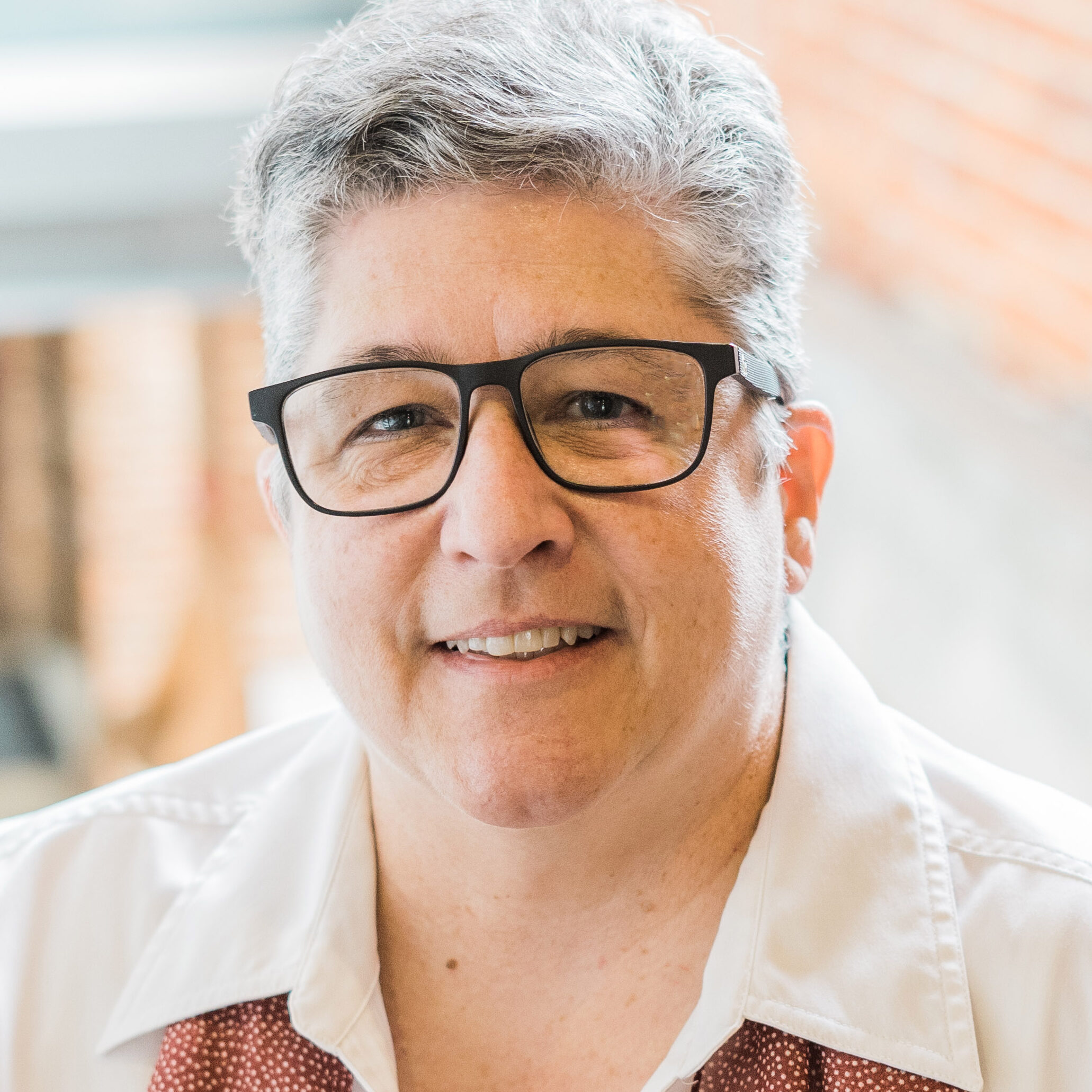
“The course and the content is one that can be applied both personally and professionally for students. Joining the class during multiple pandemics and having options for joining the hybrid course either in-person or on-campus addresses the challenges of meeting students where they are at this moment in time. Some students will not have challenges joining in person while others will have limitations in their ability to travel and join in-person for a variety of reasons,” says Hollingshead.

Structure and Content of the Course
Historically, this class was offered as a 1-credit course, which worked well as a pilot offering in 2018. However, considering the amount of content that needed to be taught and the manner in which it fit into the graduate course curriculum, the decision was made to increase it to a 3-credit course.
“The structure of the course and detailed nature of how the course has been developed is beneficial for not only the students, but also the instructors too. There are multiple ways students can engage in the course: synchronous sessions, podcasts, activities, engaging interactions both asynchronous and synchronously, hearing from expert guest speakers and much more. This allows students to gain first hand knowledge about emergency preparedness and crisis management that can be applied to their home and work lives,” states Smith.
The DELTA team, composed of Senior Instructional Designer Jessica White, Associate Producer Todd Buker, Research Scholar Dan Spencer, Assistant Director, Educational Media Donnie Wrights and Multimedia Designer Rhett Hassan, offered creative ideas on how to introduce emergency response framework, structure and functions to students.
“The course was designed around 10 high-level topics which became the course modules. This way, the course could be taught during spring, summer or fall semesters in either expanded or collapsed formats. We decided to house the course content in Moodle and the use of PlayPosit for students to complete work on their own, outside of class, worked really well,” says White.

Use of Podcasts
Although Smith used podcasts in other classes, she had not participated in the creation of podcasts before this experience. She credits DELTA’s media and video production team for the seamless production process.
“We thoroughly enjoyed the planning and creation process of developing the podcasts for our students. The final outcome of the podcasts turned out professional and inviting to listen to for the audience. They are a true enhancement for the class,” adds Smith.
She appreciates the fact that podcasts allow expert speakers to share their experiences without the hassle of scheduling conflicts involved in traditional classroom speaking situations. Also, students can engage in podcasts “on-the-go” with ease.
“As a staff member with the university, I appreciate the opportunity that this class has provided me to sharpen my skills and consider my own preparedness for when the unexpected occurs. Interviewing friends, colleagues and family to compare their understanding of emergencies and their own preparation was especially enlightening – everyone I interviewed confirmed that the questions asked made them think more critically about how they can better prepare. What an amazing tool that this course provides to create a campus of aware, caring professionals!” says Connor Brady, NC State University Housing.
Recommendations
While both Smith and Hollingshead acknowledge teaching a course as a hybrid can be challenging initially because of the planning and preparation required, it is well worth the effort. The co-teaching model worked effectively for them and afforded students with multiple options for joining the class based on their comfort level and preferences.
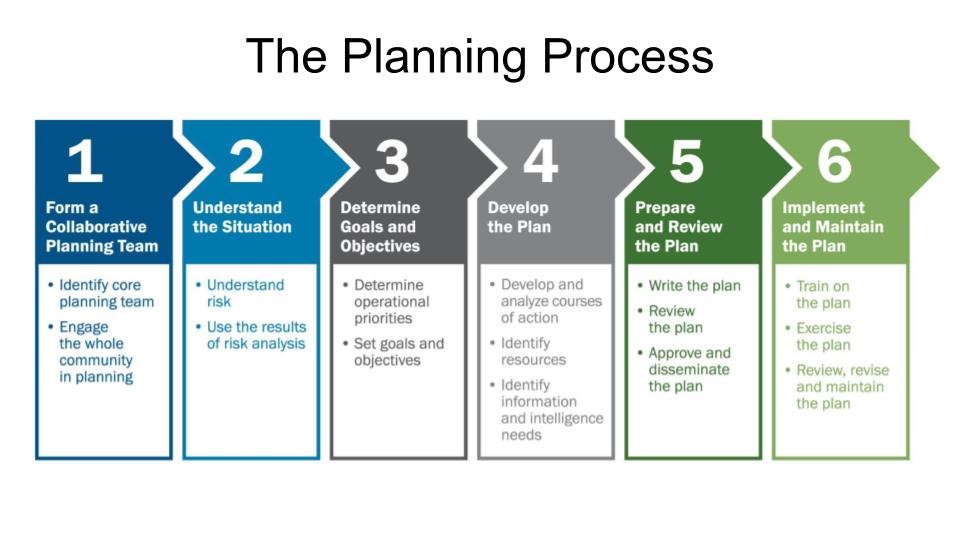
“Faculty should consider applying for a DELTA grant for many reasons. One reason that stands out involves the DELTA team. All DELTA team members on our project were extremely knowledgeable and supportive throughout the development and creation of our course,” says Smith.
“Our amazing project lead and instructional designer, Jessica White, gently guided us throughout the course creation and was there with us every step of the way, especially offering suggestions, ideas and strategies for offering the course in the most effective way. Even after we started the course, she remained connected with us and available for questions as we needed it,” adds Smith.
Do you have an idea for your course to make it more impactful for students? If so, consider applying for a 2022-23 DELTA Grant.


